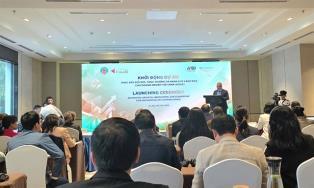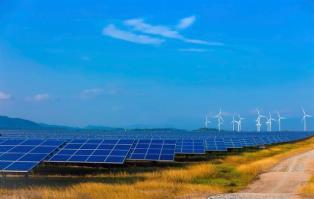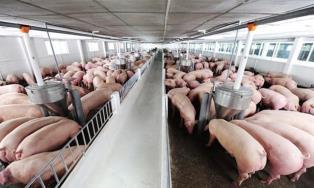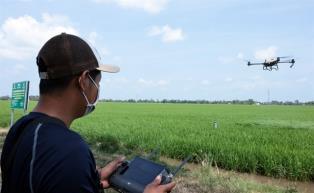Greenhouse gas audits are mandatory for 502 enterprises in HCM City, according to the Investment and Trade Promotion Centre of HCM City.
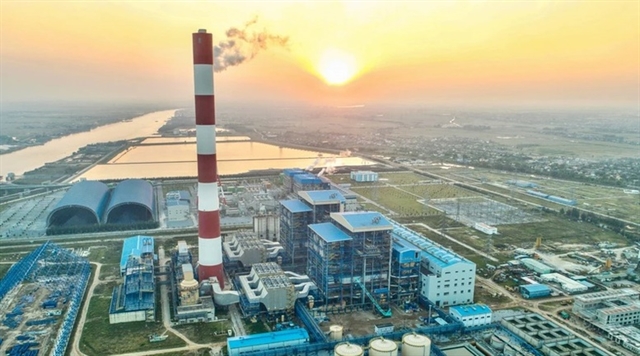
HCM CITY — Greenhouse gas audits are mandatory for 502 enterprises in HCM City, according to the Investment and Trade Promotion Centre of HCM City.
They operate in four main sectors: industry and trade, transport, construction, and natural resources and environment.
The requirement follows the Government’s listing of businesses required to perform the audit under Việt Nam’s commitment to achieve Net Zero emissions by 2050, a seminar called “Management, verification and calculation of greenhouse gases, key standards and common reporting errors under ISO 14064-1:2018” heard in HCM City last week.
It was organised by the ITPC.
According to the agency, compliance pressure is also rising from international markets.
From 2026 exporters to the EU, especially if they are in the cement, electricity, fertiliser, iron and steel, aluminium, and hydrogen industries, will not only have to report emissions but also purchase Carbon Border Adjustment Mechanism certificates.
Hồ Thị Quyên, deputy director of the ITPC, said this would not only be a legal obligation but also a major challenge for Vietnamese enterprises.
She noted that the city was implementing a range of measures to help businesses align with national and global climate goals, contributing to long-term environmental and economic benefits and enhancing Việt Nam’s position internationally.
At the workshop, experts highlighted key aspects of the ISO 14064-1:2018 international standard and common reporting errors in greenhouse gas inventories to ensure transparency, reliability and readiness for verification.
They also guided participants on how to prepare GHG inventory reports in accordance with ISO 14064-1:2018.
They recommended that enterprises should review their operations, comply strictly with methodological requirements and establish strong quality assurance and control systems to ensure transparency and accuracy.
Proper preparation would help businesses turn environmental compliance into a sustainable competitive advantage both domestically and internationally, they added.
According to the organisers, to comply with international regulations and support the country’s net-zero emissions target by 2050, Việt Nam is urgently developing a domestic carbon credit market based on the legal framework provided by the 2020 Environmental Protection Law.
Under the roadmap, an emission trading system will be trialled from 2025 and officially adopted in 2028. — VNS

